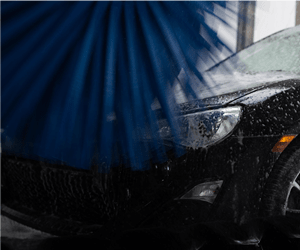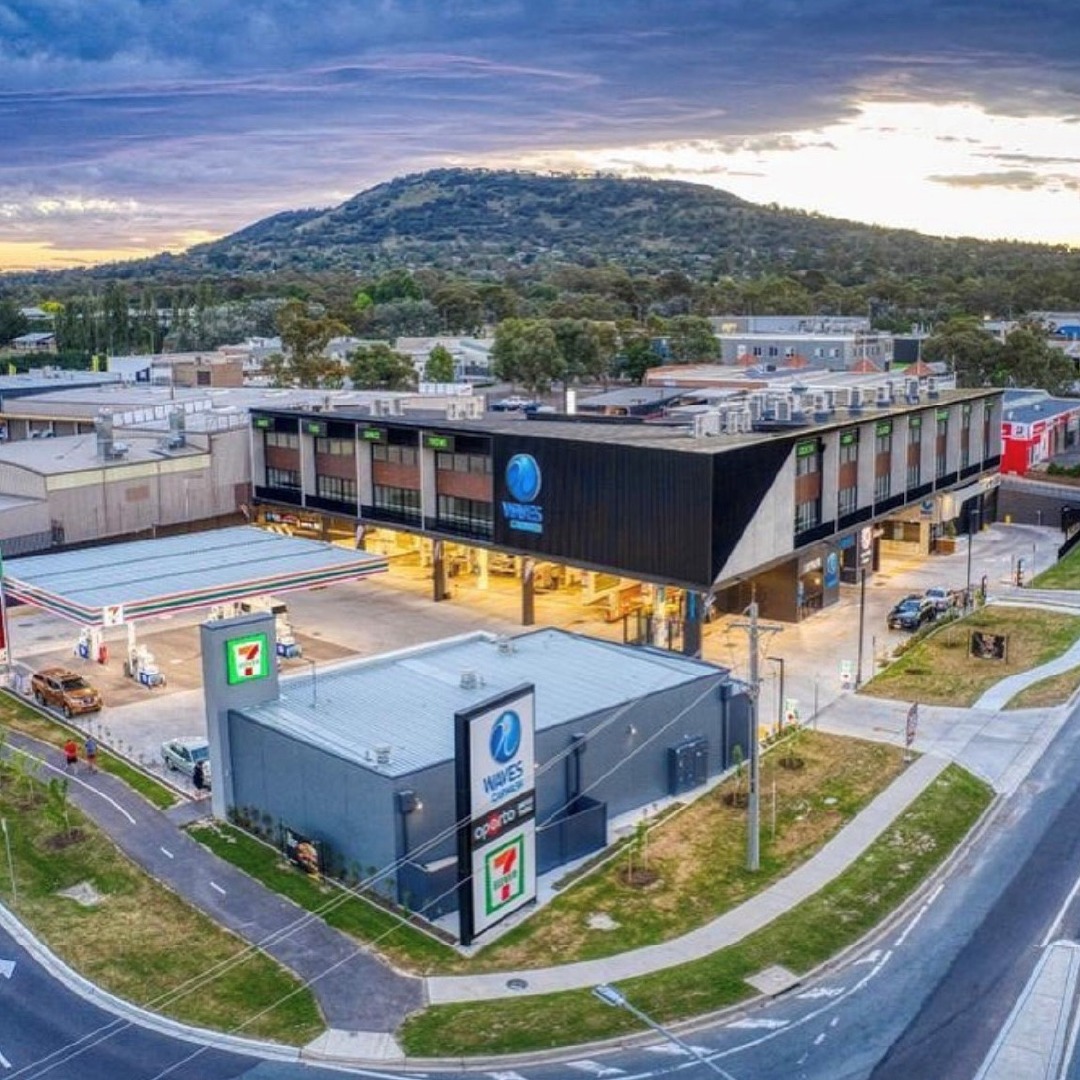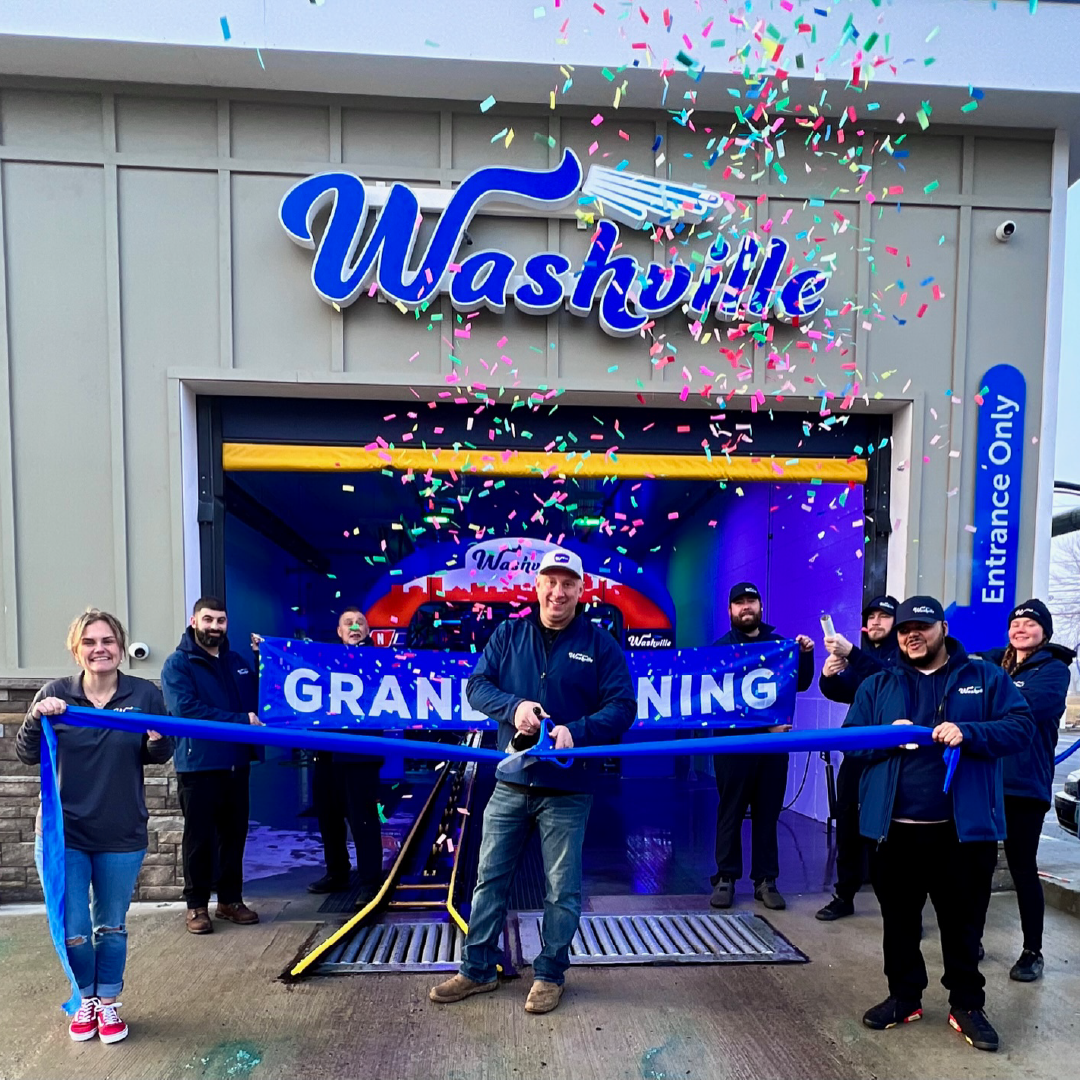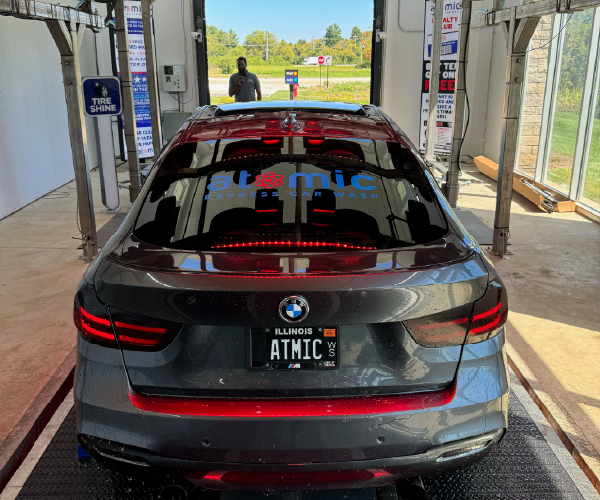
Good Advice
January 1, 2012
8 minute ReadIn any industry, a solid business strategy is one of the most important keys to success, but what makes a strategy strong in the car wash industry? Four car wash leaders share the business goals, tactics and strategies that have helped their companies grow in a variety of industry arenas. Whether you’re an equipment manufacturer, a service distributor or an independent car wash retailer, how your company approaches its operations can mean the difference between merely surviving and thriving.
Jim Belanger, VP of sales and marketing for National Carwash Solutions, has more than 20 years of industry experience, working as both an equipment manufacturer and a car wash retailer. In November 2010, Belanger took on yet another role, helping National Carwash Solutions develop its innovative, customer-centric service model.
How would you characterize the National Carwash Solutions’ business strategy?
Our entire business strategy is based on focusing on the customer. Whatever products and services the customer wants, we source and get for them… We can service almost any major brand in the field. We have the technical expertise to service all different kinds of brands, makes and models, and then we can get them parts for those brands. If they happen to be buying equipment, we can get them most major brands of equipment.
How has strategy evolved throughout the years?
The tactics have evolved. There’s a lot of resistance within the industry to change. People don’t embrace change typically; they fight it…So, we’ve had to locate alternative sources for parts when manufacturers won’t sell them to us. Or we have to build internal technical expertise when manufacturers won’t share technical data and schematics. We are running into all kinds of obstacles that are forcing us to modify our tactics. The strategy is still sound.
How has your business strategy helped set you apart from the competition?
I think the industry is moving this direction right now, and we are one of the leading elements. There’s tremendous resistance because this is a major shift in the paradigm.
What’s your advice for new car wash owners developing their initial business strategies?
I think the best thing independent car wash owners can do is network within the carwash community. People want the new guys to succeed. If you go to the tradeshows and you meet other independent car wash owners, you can visit their facilities and they can visit yours. That’s a very informal information source that has no hidden agenda.
Andy Davis is president and general counsel of MOJO Enterprises LLC, which he launched with business partner Erik Lighthall 10 months ago. With its first full- service car wash and detail center about to open in Omaha, MOJO’s business strategy draws on both careful research and the good advice of industry veterans.
What did you do prior to launching MOJO Enterprises?
I’ve been a lawyer for the last 17 years and my partner has been a lawyer for more than 10. We were actually both managing counsel at the same Fortune 500 company.
How did you go about creating your initial business strategy?
The very first thing we did in 2010, when my partner and I were taking a good look at the car wash industry, was buy a plane ticket to Chicago to meet with Eric Wulf. He said when you formulate your business strategy you have to know your local market inside and out. With that advice we spent three months not only researching the industry but also researching our local market here in Omaha.
What kind of research did you do?
We pulled together all of the population’s demographics…but a key part of writing the business plan was also looking at other factors like traffic count for our location, who owns cars within a five-mile radius, and how many cars are owned per household nearby.
How do you think your business strategy will help set you apart from the competition?
We take an eco-friendly approach to the car wash industry in an area where no one else is doing that right now. I think as consumers in Omaha make choices about where to get their cars washed, they are really going to appreciate that they can come to MOJO’s and wash their car in an environmentally responsible way.
How often do you expect to be reassessing your mission or goals?
We are new to the industry, and we’ve learned a lot over the last 18 months. It’s going to be an ongoing learning process, and we will be constantly reassessing our goals and looking for ways to improve.
Before Steve Jeffs became president and CEO of Mark VII in July of 2011, he served as the company’s VP of sales for four years. Prior to that, he was managing director of WashTec UK (Mark VII’s parent company’s UK subsidiary) for three years.
How would you characterize your business strategy?
Mark VII’s strategy is to offer customers state-of-the-art products backed by a service organization that delivers a superior customer experience.
How has your strategy evolved throughout the years?
A decade ago, Mark VII’s strategy was manufacturing-centric. At that time, 95 percent of our sales were generated through our distributor network, and the focus was primarily on keeping the production line humming. As we began to develop large account relationships, we became more customer-centric.
How often do you recommend that companies in the car wash industry reassess their missions and goals?
Any company should review its strategy at least annually. In our case, we maintain a rolling three-year strategy that gets reviewed and updated each fall based upon the dynamics of the business, the industry and the economy.
What’s your advice for new car wash owners developing their initial business goals and strategies?
Pay attention to the fundamentals. Create a business plan that includes both short and mid-term goals and details the activities that are going to get you from point A to point B.
Mark VII has been building direct service and sales operations in several key markets. How has this strategy been evolving?
The main benefit of being direct is having total control over the customer experience, but it requires a significant infrastructure investment and the ROI potential has to be carefully evaluated before taking the plunge. While we’ve been successful in our direct activities, strong distributors who deliver superior service and support continue to be an integral part of Mark VII’s channel strategy.
Richard Andreas has 17 years of car wash industry experience under his belt. For the last six years, he has served as VP of sales and marketing for Washworld, and before that he was director of distributor acquisition for another car wash manufacturer.
How would you characterize the Washworld business strategy?
Washworld’s strategy is to provide the most user-friendly, technologically advanced and consistently reliable in-bay automatic vehicle wash systems available. Our customer’s profitability is of foremost importance when considering how we do business.
How often do you recommend that companies in the car wash industry reassess their mission and goals?
Continuously…the outside factors that affect any company are never stagnant. There is always change in every aspect of our lives, business, politics and economy. A company’s success requires a constant review of its mission and goals.
What’s your advice for new car wash owners developing their initial business goals and strategies?
Take the time to understand the industry as a whole, do your research and learn more about industry trends, nationally, regionally and locally before honing your business plan. Knowledge is power, and the more knowledge you have, the better decisions you will make.
How does Washworld’s business strategy set it apart from the competition?
Both the owners and management team at Washworld have been personally involved in operating retail car wash sites, distributing car wash equipment, supplying car wash related services and manufacturing/distributing vehicle wash systems. Having this experience gives Washworld insight into the car wash industry from many different facets…After all, it is much easier to understand someone’s needs if you have personally “walked a mile in their shoes.”
Does Washworld have different business strategies for its European markets than those in the U.S.?
Our goal [in Europe] is to create a solid distributor base with locations within each nation to more effectively reach car wash owners. This allows our message to be communicated with respect to the culture, language, regulations and financing of each individual country.
For the past 30 years, Phil DeGerrato has owned and operated Buddy Bear Car Wash, an express exterior car wash with three locations in Chicago. A true industry veteran, DeGerrato attributes Buddy Bear’s enduring success to a willingness to adjust its business strategy in response to the customer’s changing needs.
How has your strategy evolved over the past 30 years?
It’s always been the basics – giving high quality, consistent service at a good value, but now with this economy, as tough as it’s been over the last few years, business has been more challenging. We’ve had to be more creative to get people to continue to wash and to wash frequently. In the tough economy, car washing is one of the first things people can drop off of their budgets.
How does Buddy Bear’s business strategy set it apart from the competition?
We try to maintain a consistent quality and high value with our car washing services, and now being first to market with our monthly unlimited pass, I think sets us apart. We are able to offer the convenience, consistent quality and high value with our monthly unlimited that other car washes in Chicago are not offering, at least not in the inner city.
What is your monthly unlimited pass?
Our customers can pay a fee per month on their credit cards and wash as much as they want. They can wash every day, twice a day, if they want. It’s a new strategy that has helped us maintain our customer flow.
How often do you recommend that companies in the car wash industry reassess their missions and goals?
We’ve changed it a few times over the years, but once you make a big change in strategy, you have to stick to it at least a few years. If it’s getting you the results that you were aiming for, it could last five or 10 years. If, after two or three years, you feel it’s not working, then it might be time to change your plan. But if it is going well, don’t change it. The last thing we did, prior to the monthly unlimited pass, we ran for more than 10 years.







